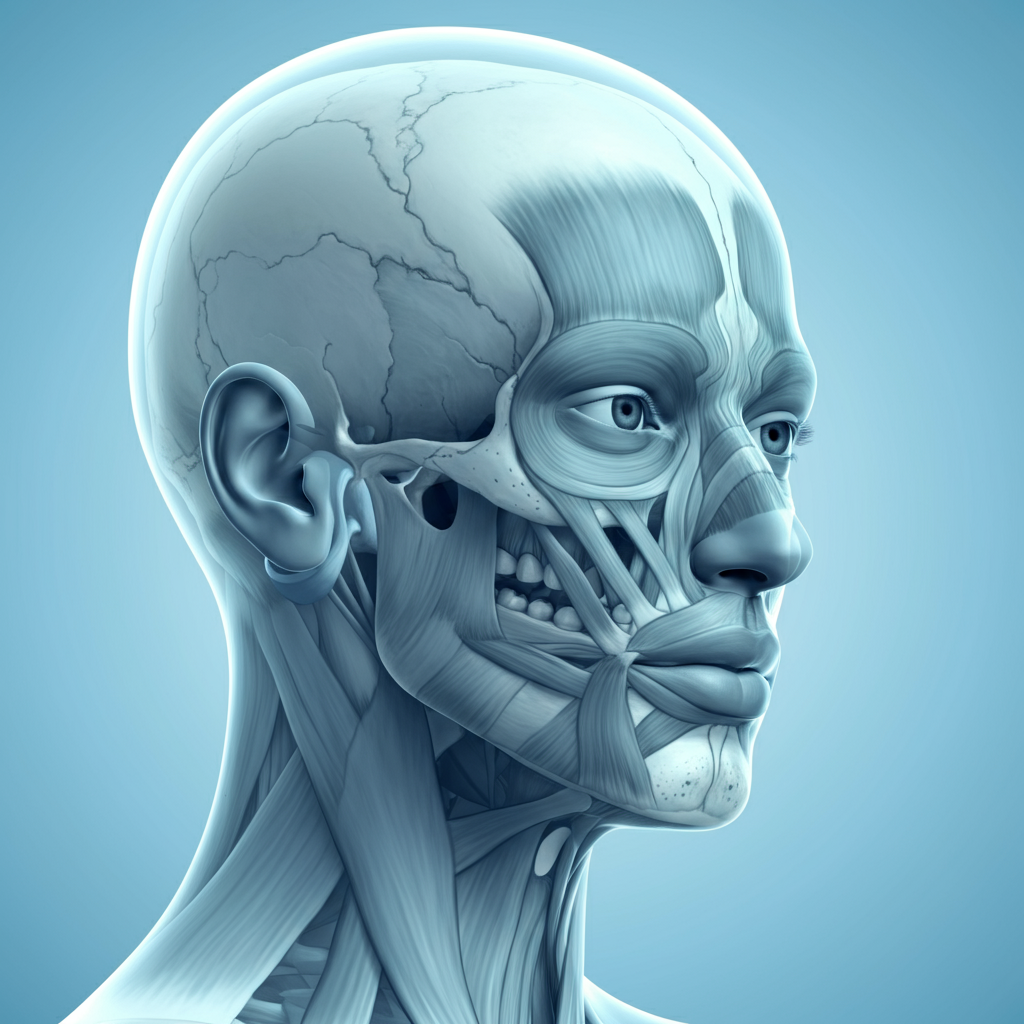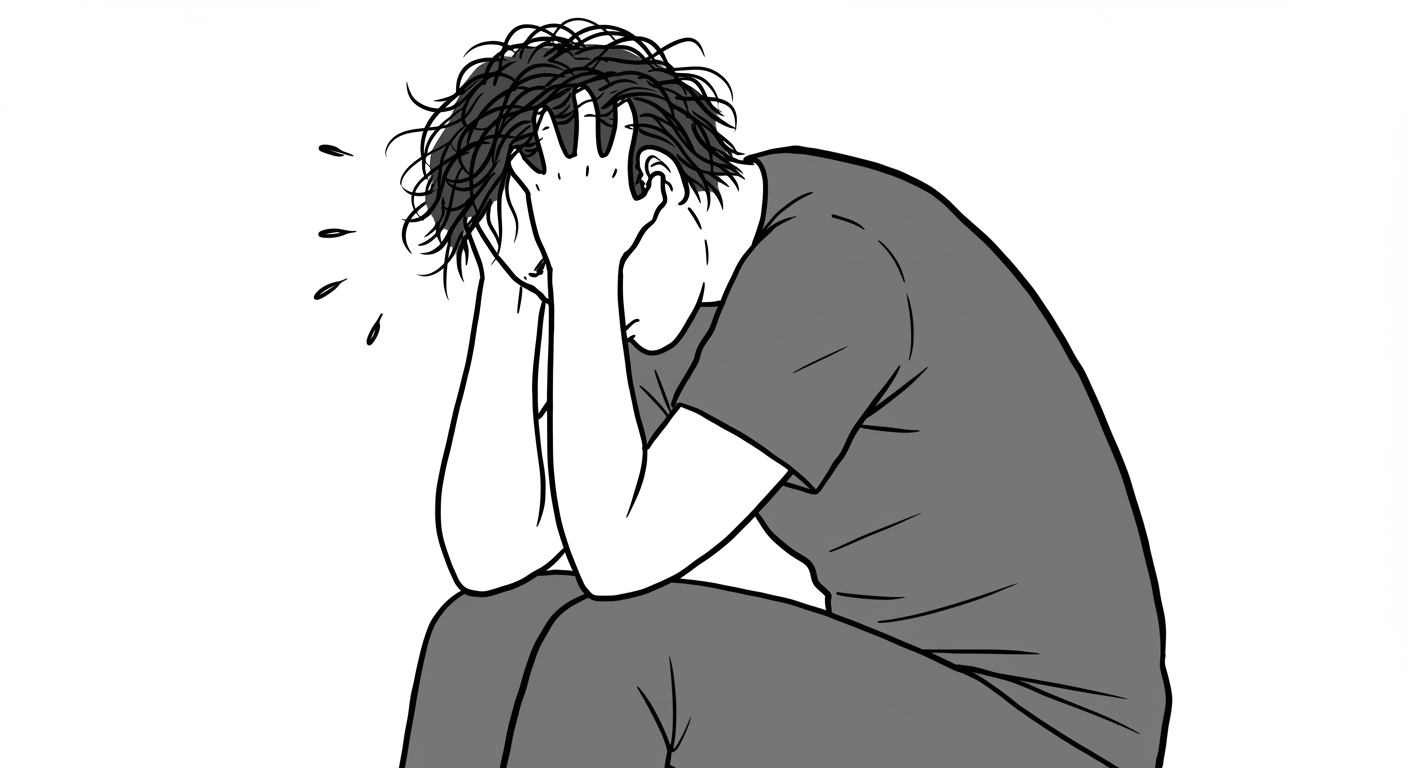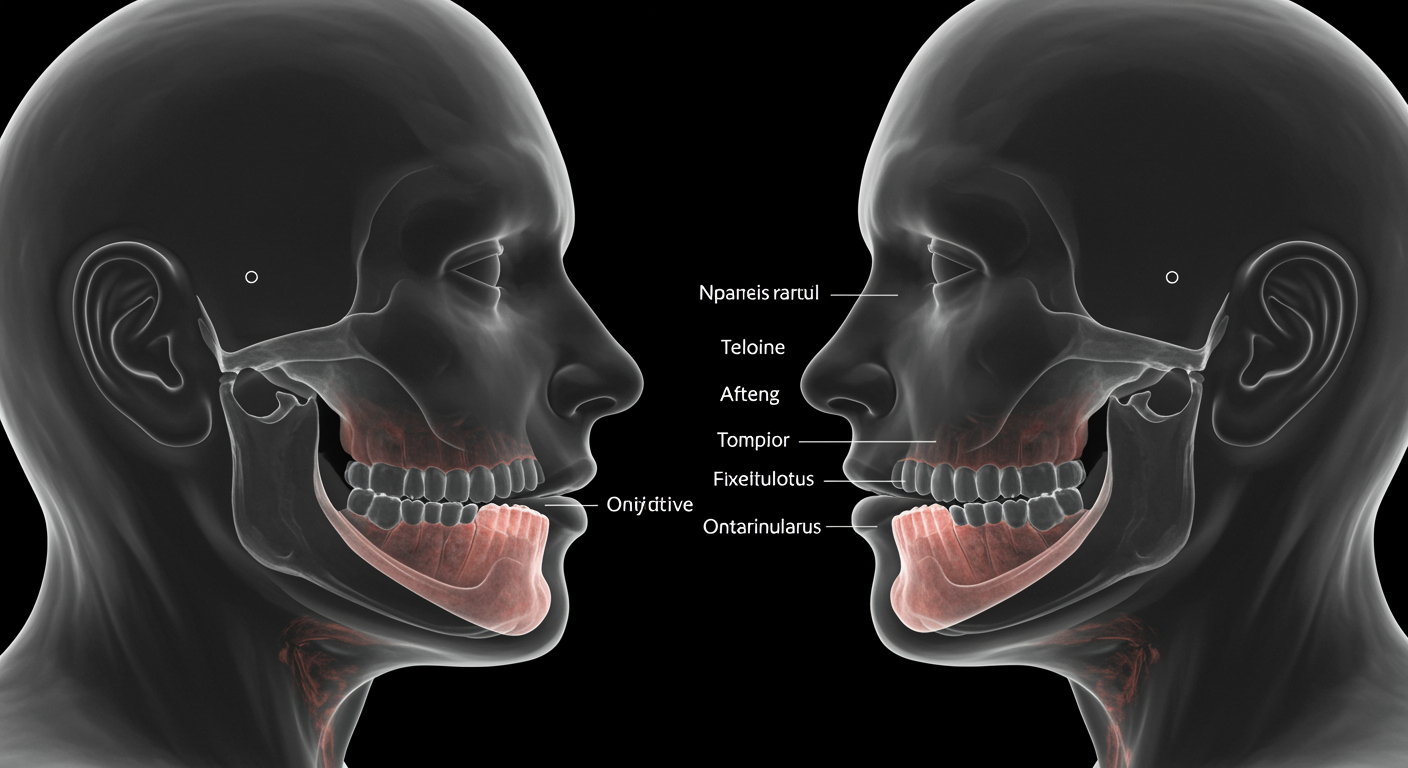That clicking sound in your jaw or that persistent ache near your ear might be more than just a minor annoyance. These can be signs of a temporomandibular joint (TMJ) disorder, a condition affecting the complex joint that connects your jaw to your skull. TMJ disorders can impact your ability to speak, chew, and even sleep comfortably. Understanding this condition is the first step toward finding relief and restoring your quality of life.
This post will guide you through the essential aspects of TMJ disorders. We will explore the common and less obvious symptoms, uncover the various potential causes, and detail the wide range of treatment options available, from simple home remedies to advanced medical procedures.
What Are the Symptoms of TMJ Disorders?
TMJ disorders present a wide array of symptoms that can vary in intensity from person to person. While some signs are directly related to the jaw, others can appear in seemingly unrelated areas, making diagnosis tricky.
Common Symptoms
Most people with a TMJ disorder experience one or more of the following primary symptoms:
- Pain or Tenderness: This is the most reported symptom, often felt in the jaw, in and around the ear, in the face, or even in the neck and shoulders. The pain can be a dull, constant ache or a sharp, searing pain.
- Jaw Movement Issues: You might have difficulty opening your mouth wide or experience a feeling that your jaw is “stuck” or “locked” in an open or closed position.
- Clicking or Popping Sounds: Audible sounds like clicking, popping, or grating when you open or close your mouth or chew are very common. These sounds may or may not be accompanied by pain.
- Difficulty Chewing: Pain or discomfort while chewing can make mealtimes a challenge. You might notice a sudden uncomfortable bite, as if your upper and lower teeth are not fitting together properly.
Less Common Symptoms
Beyond the jaw itself, TMJ disorders can cause a ripple effect of other issues throughout the body. These less obvious signs can sometimes be mistaken for other health problems:
- Headaches: Chronic headaches, especially those that mimic migraines or tension headaches, are frequently linked to TMJ-related muscle strain.
- Ear-Related Issues: Because the TMJ is located so close to the ear canal, symptoms like earaches, a feeling of fullness in the ears, and even ringing (tinnitus) can occur.
- Dizziness: Unexplained dizziness or vertigo can sometimes be traced back to the jaw joint’s impact on the inner ear.
- Tooth Pain: A TMJ disorder can lead to tooth sensitivity or pain that isn’t caused by decay or gum disease.
What Causes TMJ Disorders?
The exact cause of a person’s TMJ disorder can be difficult to pinpoint. In many cases, it’s a combination of factors. The temporomandibular joint is a complex system of muscles, ligaments, discs, and bones, and problems can arise in any of these components.
Key Contributing Factors
Several issues are known to contribute to the development of TMJ disorders:
- Bruxism (Teeth Grinding and Clenching): Many people unconsciously grind or clench their teeth, especially during sleep or times of stress. This constant pressure puts immense strain on the jaw joint and surrounding muscles.
- Injury or Trauma: A direct blow to the jaw, face, or side of the head can damage the joint, dislocate the disc, or injure the surrounding ligaments. Whiplash from a car accident is a common cause.
- Arthritis: Degenerative joint diseases like osteoarthritis or inflammatory conditions like rheumatoid arthritis can affect the temporomandibular joint, causing cartilage to break down and leading to pain and stiffness.
- Disc Displacement: A small, shock-absorbing disc is situated between the bones of the TMJ. If this disc erodes or moves out of its proper alignment, it can lead to clicking sounds and restricted movement.
- Stress: Emotional or physical stress often leads to muscle tightening in the face, jaw, neck, and shoulders. This sustained muscle tension can directly translate to TMJ pain and dysfunction.
How Are TMJ Disorders Treated?
The good news is that most TMJ disorders can be managed effectively with conservative treatments. The goal is to relieve pain, restore normal function, and reduce the strain on the joint.
Self-Care and Lifestyle Adjustments
For many people, simple changes at home can provide significant relief. These are often the first line of defense:
- Eat Soft Foods: Avoid hard, crunchy, or chewy foods that require wide opening of the mouth. Stick to softer items like soups, yogurt, and mashed potatoes to give your jaw a rest.
- Apply Ice or Moist Heat: Ice packs can help reduce inflammation and numb the pain. Applying moist heat, like a warm washcloth, can help relax tight muscles.
- Avoid Extreme Jaw Movements: Be mindful of yawning too wide, yelling, or singing loudly. Cut food into smaller pieces to avoid opening your mouth excessively.
- Practice Stress Management: Since stress is a major contributor, incorporating relaxation techniques like meditation, deep breathing exercises, or yoga can help reduce muscle tension.
Medical and Dental Interventions
If self-care isn’t enough, a doctor or dentist may recommend more structured treatments:
- Medications: Over-the-counter pain relievers like ibuprofen can help manage pain and inflammation. In some cases, a doctor might prescribe muscle relaxants or anti-anxiety medications to address bruxism.
- Oral Splints or Mouth Guards: A custom-fitted splint or night guard can be worn over the teeth to prevent grinding and clenching. This device helps place your jaw in a more relaxed position and protects your teeth from wear.
- Physical Therapy: A physical therapist can guide you through exercises to stretch and strengthen your jaw muscles. They may also use treatments like ultrasound or heat therapy to relieve pain.
- Dental Work: Correcting an uneven bite through dental adjustments, crowns, or braces can sometimes alleviate TMJ symptoms by balancing the pressure on the joint.
In rare and severe cases where conservative treatments fail, more invasive procedures like corticosteroid injections or even surgery might be considered. However, these are typically reserved for individuals with structural joint problems or debilitating pain.
Taking the Next Step
Living with jaw pain doesn’t have to be a permanent reality. By understanding the symptoms and potential causes of TMJ disorders, you are better equipped to seek the right help. If you are experiencing persistent jaw pain, clicking, or any of the other symptoms discussed, consult with your dentist or doctor. They can provide a proper diagnosis and help you create a treatment plan tailored to your specific needs, guiding you on the path to relief.





